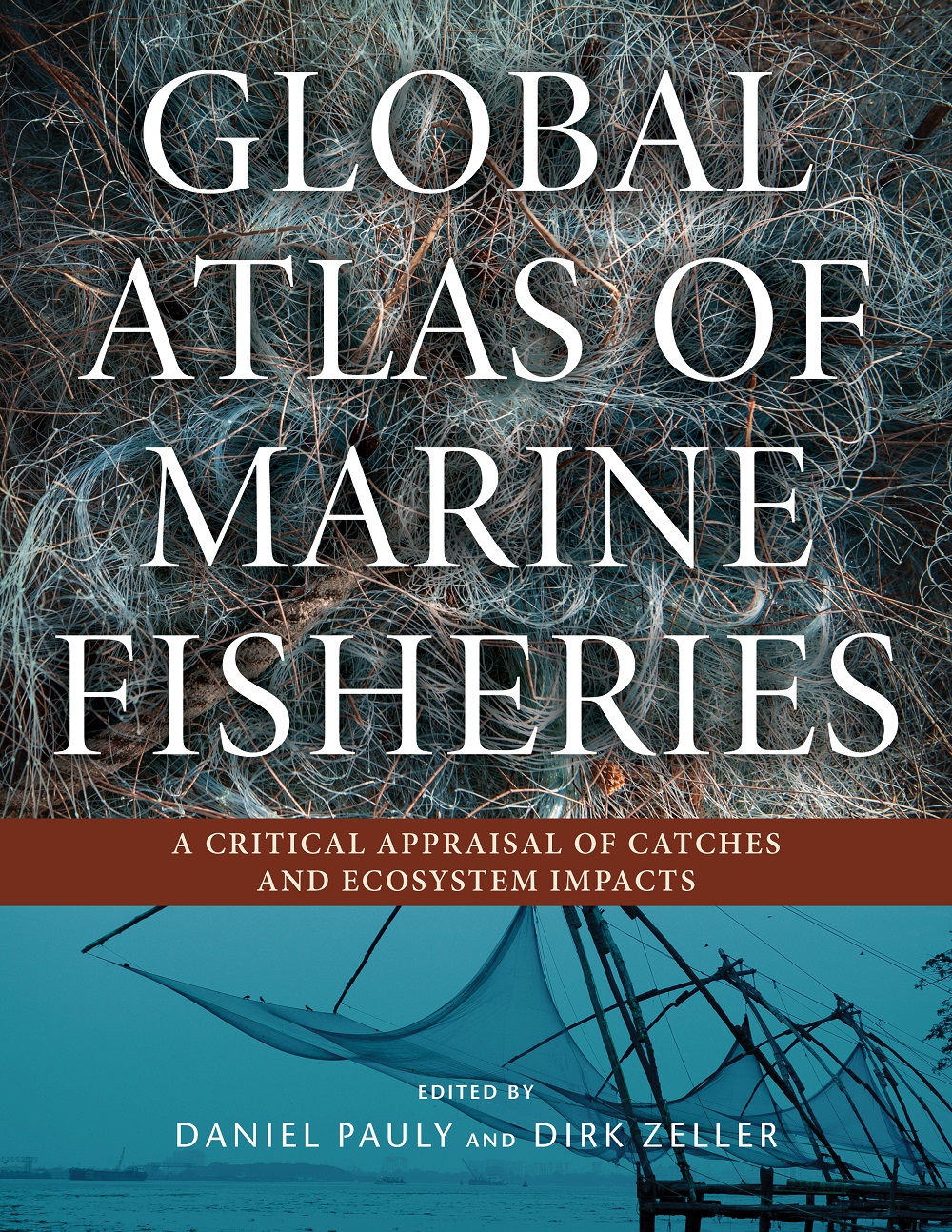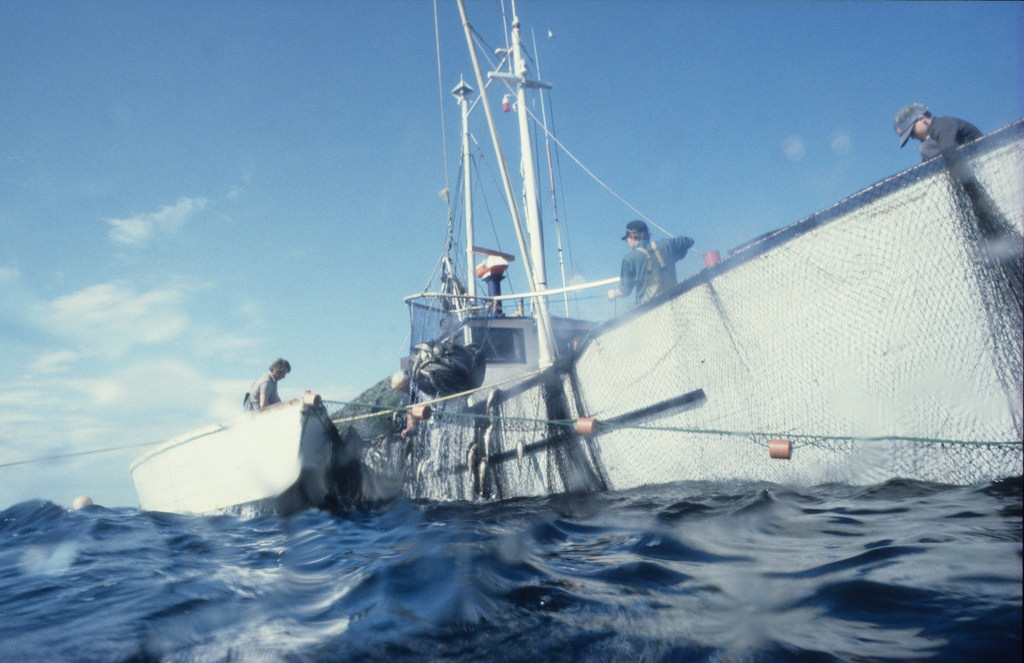As the Sea Around Us team revealed in its 2016 Nature Communications paper, fish catches have been declining, on average, by 1.2 million metric tons per year since 1996.
This decline has resulted in lower per capita seafood availability and threatened food security in poor, developing countries. In fact, a group of scientists, among them the Sea Around Us Executive Director Dirk Zeller, has predicted that 11% of the global population could face micronutrient and fatty-acid deficiencies driven by fish declines over the coming decades.
That is 845 million people living with extremely low levels of iron, zinc or vitamin A.
“Considering nutrients found only in foods derived from animals, such as vitamin B12, and DHA omega-3 fatty acids (almost exclusively derived from meat consumption), we calculate that 1.39 billion people worldwide (19% of the global population) are vulnerable to deficiencies because fish make up more than 20% of their intake of these foods by weight,” the group has written.
There are many reasons why fish stocks are declining worldwide. However, and as the Sea Around Us principal investigator Daniel Pauly summarizes in the below video, at the root of the problem lies indiscriminate human activity.






